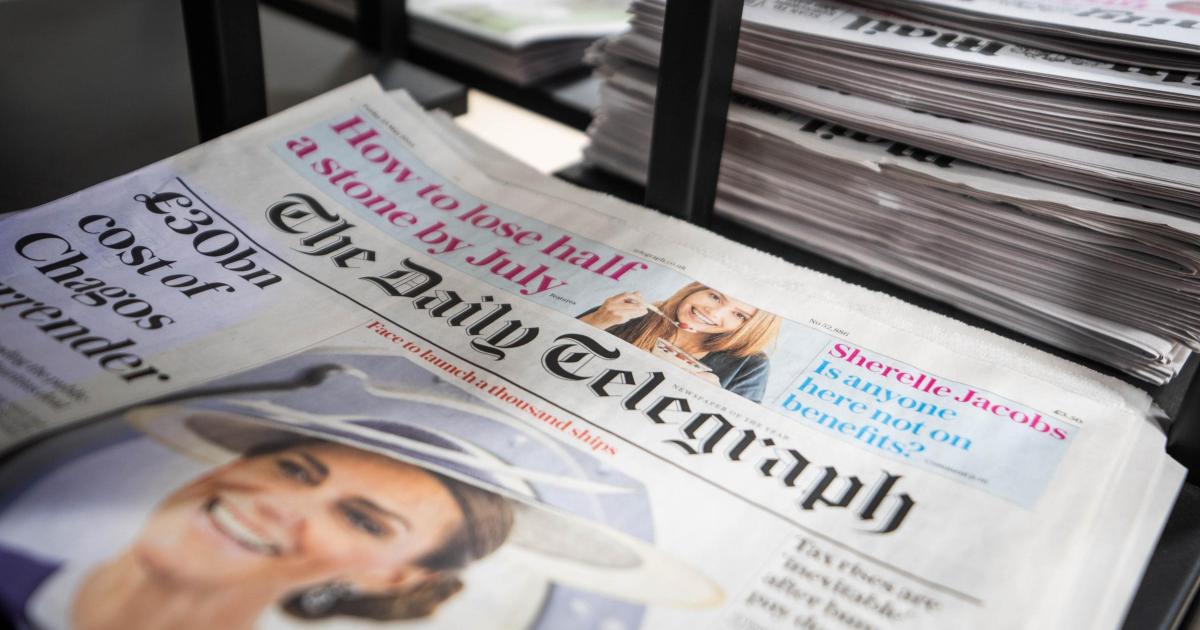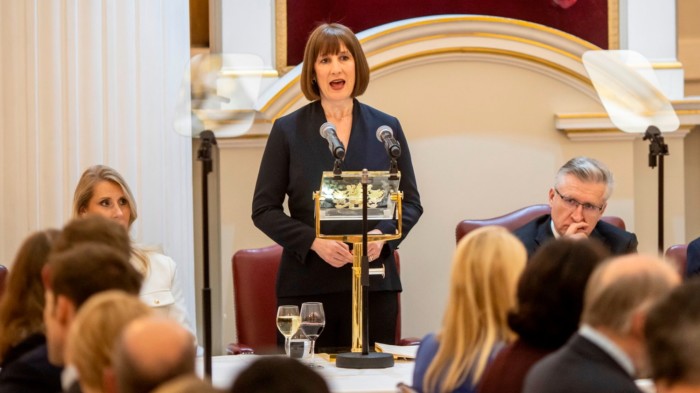The Commons voted overwhelmingly in favour of a change to the law by Labour which would allow foreign firms to buy minority stakes.
It is the latest turn in a tumultuous two-year takeover process for the 170-year-old newspaper business.
It comes after the previous Conservative government put a block in place amid fears the Telegraph could be bought by a majority-owned UAE company, Redbird IMI. The investment vehicle is a joint venture with US financiers.
The regulation was approved by 338 votes to 79, majority 259. Labour was boosted in the voting lobbies by four Reform UK MPs, including its leader Nigel Farage (Clacton), and seven Independent MPs.
Meanwhile former Tory leader Sir Iain Duncan Smith, a vocal critic of China, was among those to vote against it.
The Liberal Democrats, who forced the vote over fears foreign ownership would compromise editorial independence, also opposed it.
The result will give the green light to Redbird IMI, with the cap in place now being supported by MPs.
RedBird Capital, the US junior partner in RedBird IMI, agreed a deal in May to buy a majority stake in the newspaper for £500 million.
Abu-Dhabi’s IMI will look to buy a minority stake as part of the consortium.
RedBird has investments in AC Milan, film production giant Skydance and Liverpool FC owner Fenway Sports Group.
It is also understood that the Daily Mail and General Trust (DMGT) – which owns the Daily Mail, Mail on Sunday, the i, and the Metro – is also looking to buy a stake.
This is in addition to Sir Len Blavatnik, who owns the Theatre Royal Haymarket in the West End, who is considering a minority stake, according to Sky News reports.
The rules were introduced after Redbird IMI looked to buy the Telegraph Media Group (TMG) from the Barclay Brothers.
Then-Conservative culture secretary Lucy Frazer told a Society of Editors Conference in April 2024: “I had concerns about the potential impacts of this deal on free expression and accurate presentation of news and that’s why I issued a public interest intervention.”
Culture minister Stephanie Peacock told MPs last month that appropriate safeguards had been introduced.
She said: “Government need to balance the importance of creating certainty and sustainability for our newspaper industry with the need to protect against the risk of foreign state influence by setting a clear threshold for exceptions within the regime at 15%. We believe that we have done that effectively.”
The Department for Culture, Media and Sport has been approached for comment.


